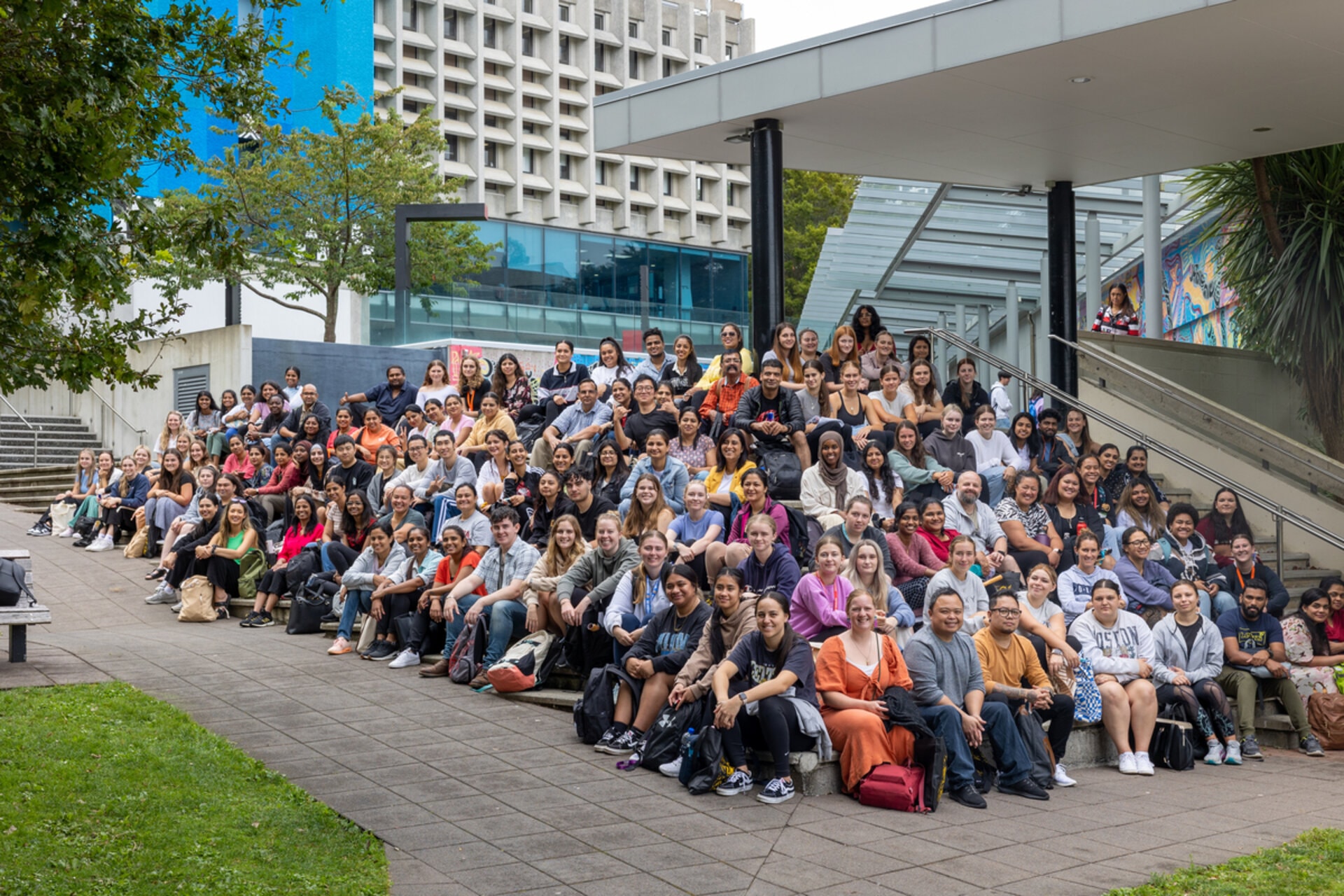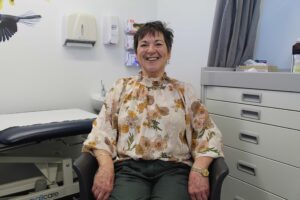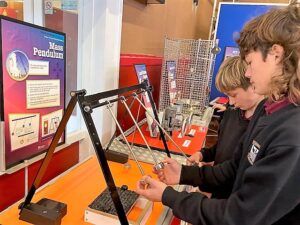The University of Waikato has welcomed a record 211 new students into its Registered Nursing programmes for 2023, more than doubling the intake from 2022.
Acting Dean of Te Huataki Waiora School of Health Dr Jo Lane, says the increase in numbers is encouraging in the face of severe staff shortages in the health workforce.
“We’re really pleased to welcome so many high-quality nursing students to study. At a time when the health workforce is in crisis, it’s imperative that we do everything possible to enable students wanting to enrol in health training to do so.”
The University of Waikato is the newest provider of Nursing programmes, developing and delivering these in partnership with Te Whatu Ora Waikato, with an emphasis on equity, mental health and addictions, and Māori and Pacific health.
It offers two programmes that lead to becoming a Registered Nurse, a traditional three-year Bachelor of Nursing degree, and an accelerated graduate-entry Master of Nursing Practice degree. The latter allows students with a previous degree in any subject to complete their Nursing training in just two years and be work-force ready.
“Graduate-entry is a really common model overseas for professional healthcare programmes that is starting to become established in Aotearoa. However, we’ve been just blown away by the demand for our graduate-entry Nursing programme, which is already the largest in the country. I’m so proud of what our Nursing team has been able to achieve so far.”
“We have nearly 70 students starting this year who are wanting to change careers to become Nurses. That is just so encouraging, particularly given the rich life experiences that they will bring to the profession. I can’t wait to see them graduate and enter the workforce at the end of next year.”
Dr Lane says graduate-entry programmes are not only a faster way to address health workforce pressures but are also a more cost-effective pathway that does not compromise the quality of training.
“It’s an accelerated programme, so graduates still meet the same Nursing Council standards and in fact complete 300 more clinical placement hours than required to ensure they are work-ready. However, the cost for both students and the Government is around 25% less than a three-year Bachelor of Nursing degree.”
“Given the success of graduate-entry health programmes in other countries, including Australia, I would love to see the Government explore this model further in areas where there are other critical workforce shortages, including medicine and midwifery.”




